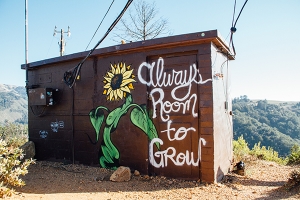1.4 Innovation Experts
Innovation experts on frugal innovations.
Watch what top innovation gurus say about frugal innovation:
Navi Radiou:
(..) entrepreneurs from India, China, Africa and South America, and they keep amazing me. (…) They don’t invent stuff in big R&D labs. Street is the lab. (…) They don’t have the kind of basic resources you take for granted (…). When external resources are scarce, you have to go within yourself to tap the most abandoned resource – human ingenuity.
Charles Leadbeater
We live in a world of tightening, if not severe constraints. (…) The second thing is rising inspirations. (….) Roughly 70 million people a year are moving to cities. (…) we have apparently blessed with technology limitless opportunities for collaboration. (..) The future: frugal, digital and well designed for a world of severe constraints, rising aspirations and boundless opportunities for collaborative innovation.
 SUMMARY
SUMMARY
The Compressed knowledge packet provides you with essential information which was presented in the module.
Even though frugal innovations can be very often observed in emerging markets, they have become even more crucial in advanced economies. Rising limitations related to environmental issues, shrinking natural resources, the uncertain economic future, and demographic and social processes, all of these strands impose the necessity of implementing frugal innovations, regardless the stage of development of economy.
Some experts underline that frugal innovations provide better value proposition for less affluent consumers. Some highlight creative problem solving which aims at improving resource efficiency and access to products, and thus, social and ecological sustainability.
 Frugal innovations can have various dimensions:
Frugal innovations can have various dimensions:
- Local solutions to meet low-threshold demand on less developed markets e.g water filter powered by motorbike, solar light bulb
- Local solutions for sustainability challenges on less developed markets e.g. agriculture innovation
- Product based frugal engineering, corporate “mass frugal” based on defeaturing and affordability e.g. Tata Nano.
- Product based frugal innovation, based on increased utility through robustness and sustainability e.g. Nokia 1100, Jaipur Foot.
- Process based cost reduction, based on leveraging emerging market conditions and smart processes for cheap production e.g. Dacia’s dashboard.
- Mass customized solutions for less developed markets based on cooperation with local partners e.g. household appliances.
- Standardized frugal solutions for less developed markets based on customized delivery concept e.g. models to rent solar panels.
- Globally transformative solutions based on challenges initially identified in frugal environments e.g. Skype, mobile phone banking.

